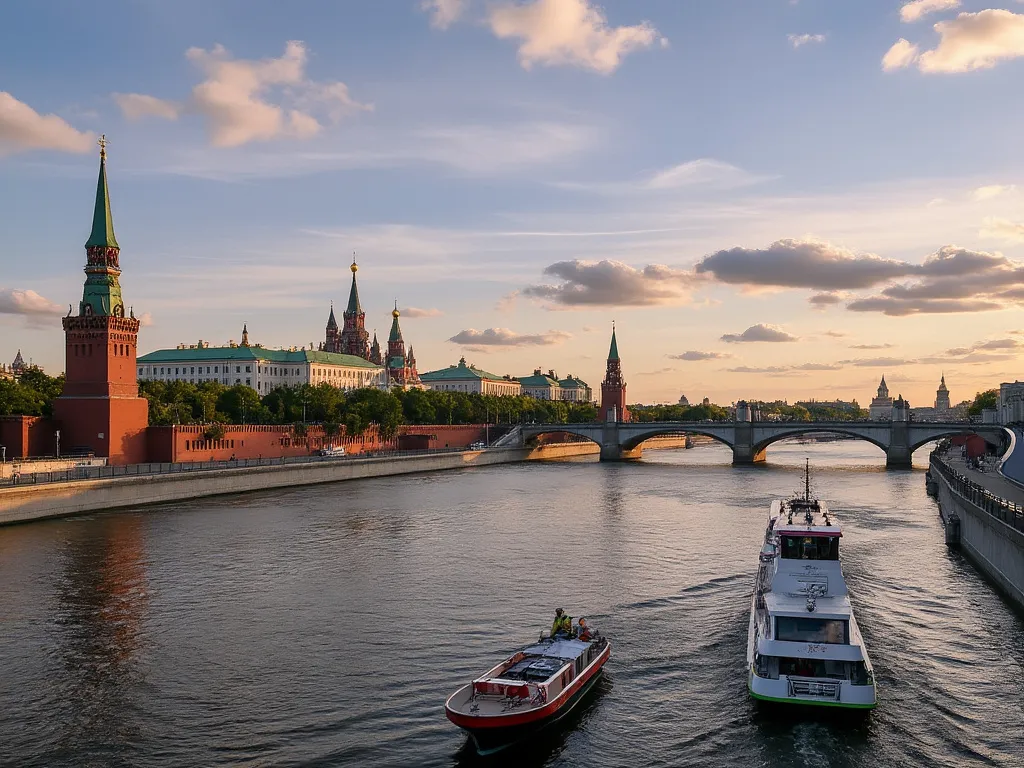
Moscú, la capital y ciudad más grande de Rusia, es un centro global de política, negocios, cultura y entretenimiento. Con una rica historia que se remonta a 1147, Moscú se ha convertido en una ciudad vibrante y moderna, con una arquitectura impresionante, museos de clase mundial y una diversa escena cultural.
Información sobre Moscú
| País | 🇷🇺 Rusia |
| Población | 12,615,279 (estimación 2020) |
| Coordenadas | 55.7558° N, 37.6173° E |
| Área | 2,511 km² (969 mi²) |
| Clima | Clima continental húmedo (clasificación climática de Köppen Dfb) |
| Idioma | Ruso |
| Moneda | Rublo ruso (RUB) |
| Zona horaria | Hora de Moscú (MSK, UTC+3) |
| Proximidad a otras ciudades importantes | Aproximadamente 360 km (224 mi) al noroeste de Vladímir, 700 km (435 mi) al sureste de San Petersburgo |
Datos interesantes sobre Moscú
- Moscú alberga el sistema de metro más grande y profundo del mundo, con más de 200 estaciones y 400 km (250 mi) de vías.
- La ciudad tiene más multimillonarios que cualquier otra ciudad del mundo, con más de 70 multimillonarios residiendo en Moscú.
- Moscú alberga la campana más grande del mundo, la Campana del Zar, que pesa más de 200 toneladas y se encuentra en el Kremlin.
Atracciones turísticas en Moscú
- El Kremlin, un sitio del Patrimonio Mundial de la UNESCO y la residencia oficial del Presidente de Rusia.
- La Plaza Roja, una plaza histórica rodeada de lugares emblemáticos como la Catedral de San Basilio y el Mausoleo de Lenin.
- La Galería Tretiakov, uno de los museos más grandes y completos del mundo de arte ruso.
- El Teatro Bolshói, una de las compañías de ballet y ópera más famosas del mundo.
Antecedentes históricos de Moscú
La historia de Moscú está marcada por eventos significativos, incluyendo la invasión mongola en 1237, el reinado de Iván el Terrible en el siglo XVI y la era soviética, que vio a la ciudad convertirse en la capital de la Unión Soviética. Moscú ha sido un centro de poder, política y cultura durante siglos, con muchos monumentos notables, como el Kremlin y la Plaza Roja, que sirven como testigos de su rica historia.
Ubicación geográfica de Moscú
Moscú está situada en la parte occidental de Rusia, en el río Moskva. La ubicación geográfica de la ciudad ha jugado un papel significativo en su desarrollo, con el río proporcionando una fuente de agua, transporte y comercio. El clima de Moscú se caracteriza por inviernos fríos y veranos cálidos, con temperaturas promedio que varían de -10°C (14°F) en enero a 19°C (66°F) en julio.
Significado cultural de Moscú
Moscú es conocida por sus instituciones culturales, incluyendo el Teatro Bolshói, la Galería Tretiakov y el Museo Pushkin. La ciudad también alberga numerosos festivales y eventos, como el Festival Internacional de Cine de Moscú y el Festival de la Torre Spasskaya. La escena cultural de Moscú es un reflejo de la rica historia de la ciudad y su estatus como un centro cultural global.
Importancia económica de Moscú
Moscú es el centro económico de Rusia, representando una parte significativa del PIB del país. La ciudad es un importante centro para industrias como finanzas, tecnología y manufactura, con muchas corporaciones multinacionales operando en Moscú. La importancia económica de la ciudad también se refleja en su estatus como un importante centro de transporte, con varios aeropuertos internacionales y un sistema de transporte público integral.
Conclusión sobre Moscú
En conclusión, Moscú es una ciudad que combina a la perfección historia, cultura y modernidad, ofreciendo algo para todos. Desde su impresionante arquitectura hasta sus museos e instituciones culturales de clase mundial, Moscú es un destino que debes visitar si estás interesado en explorar lo mejor de Rusia.
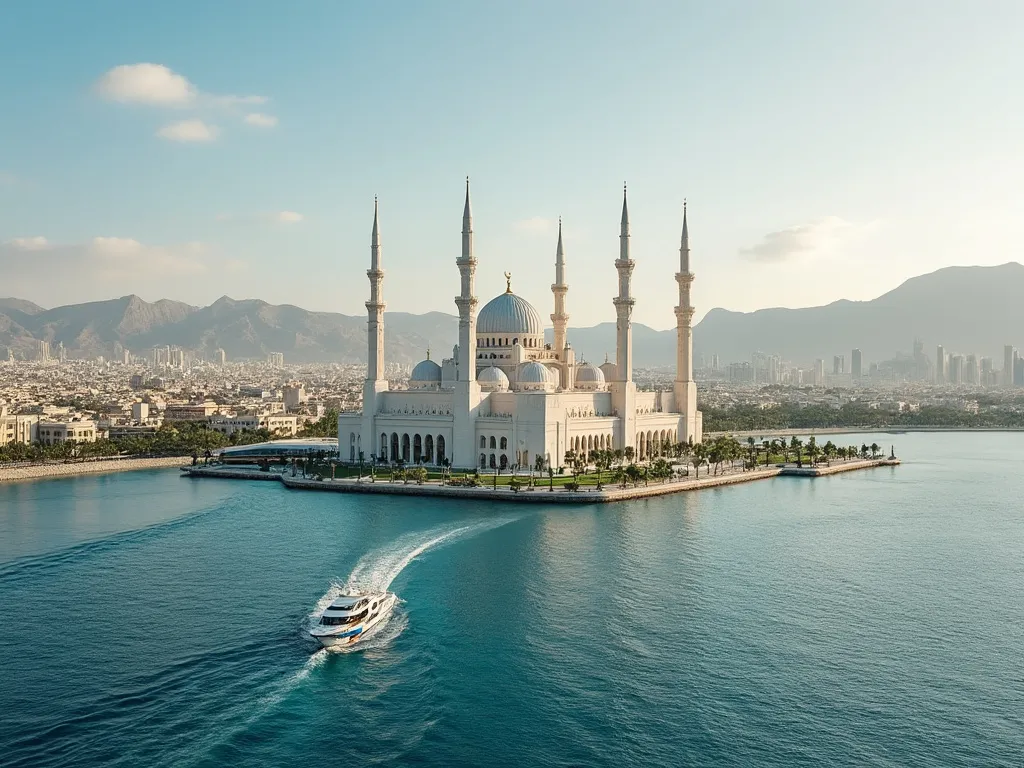 Mascate
Mascate
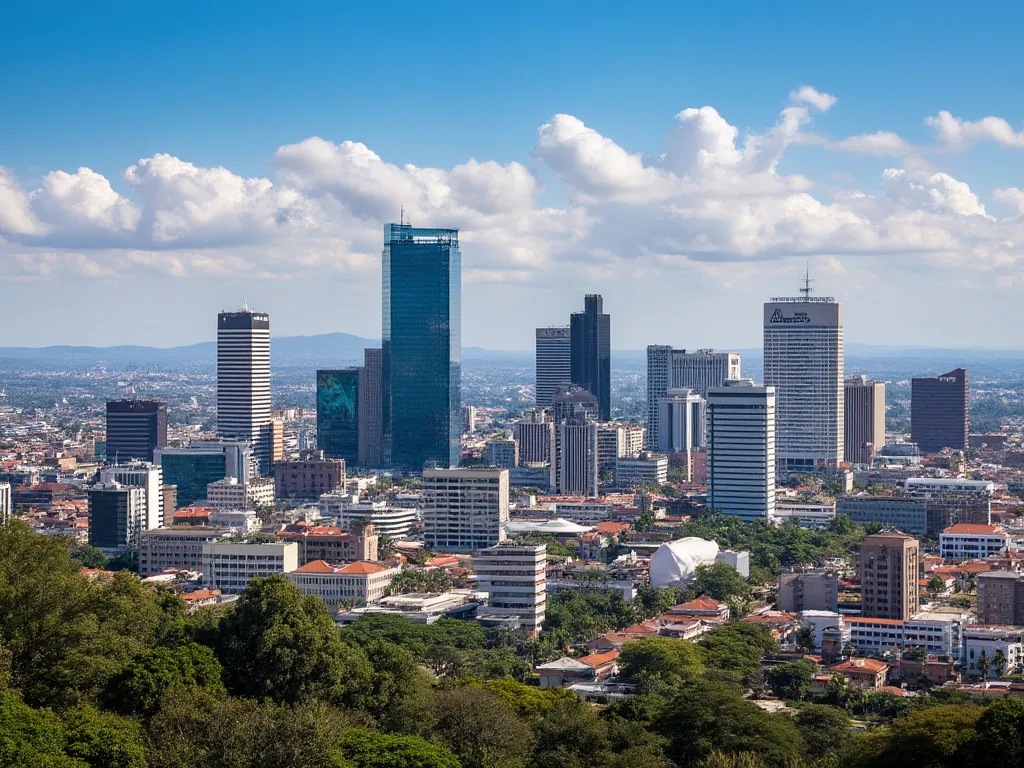 Nairobi
Nairobi
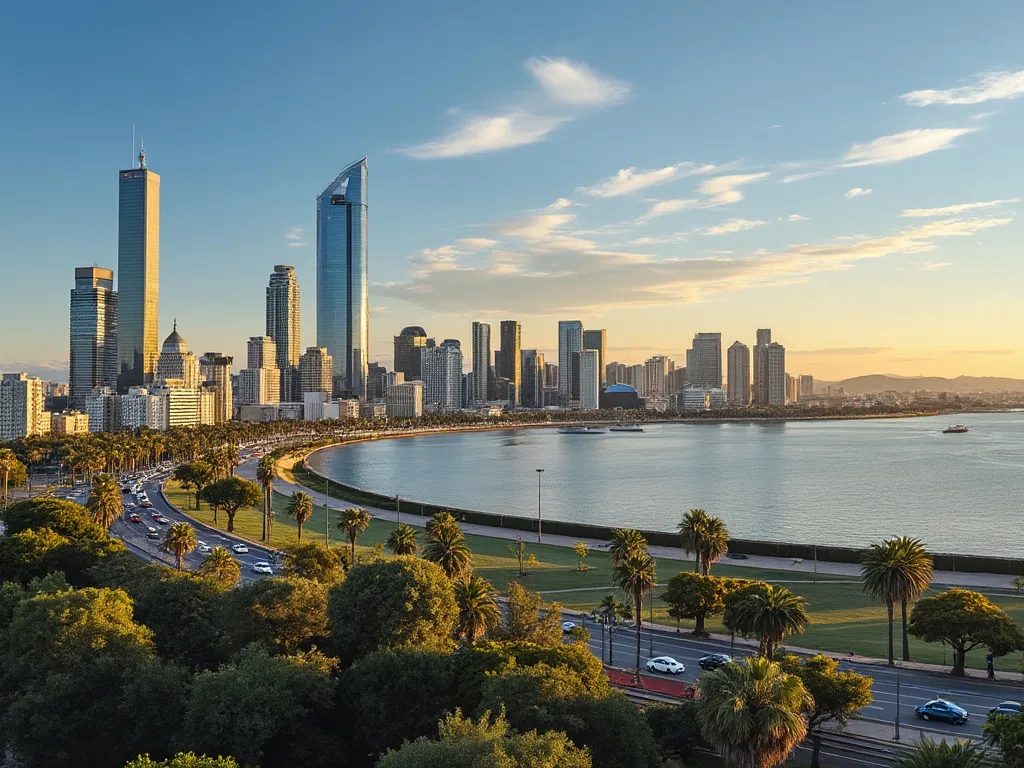 Montevideo
Montevideo
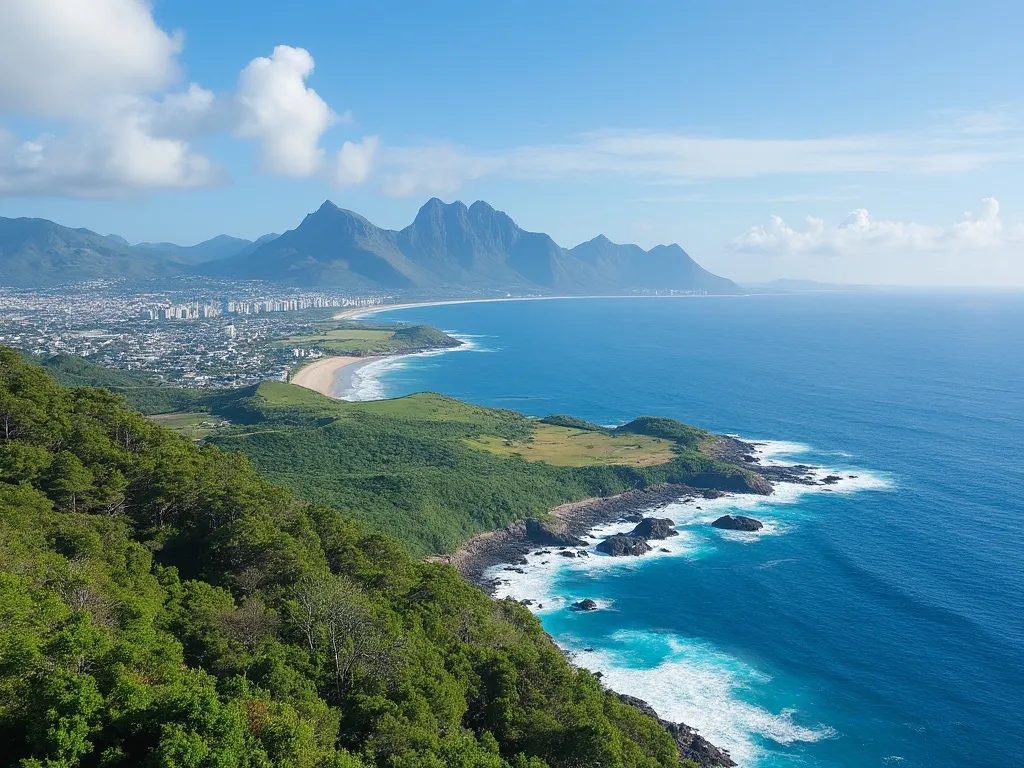 Moroni
Moroni